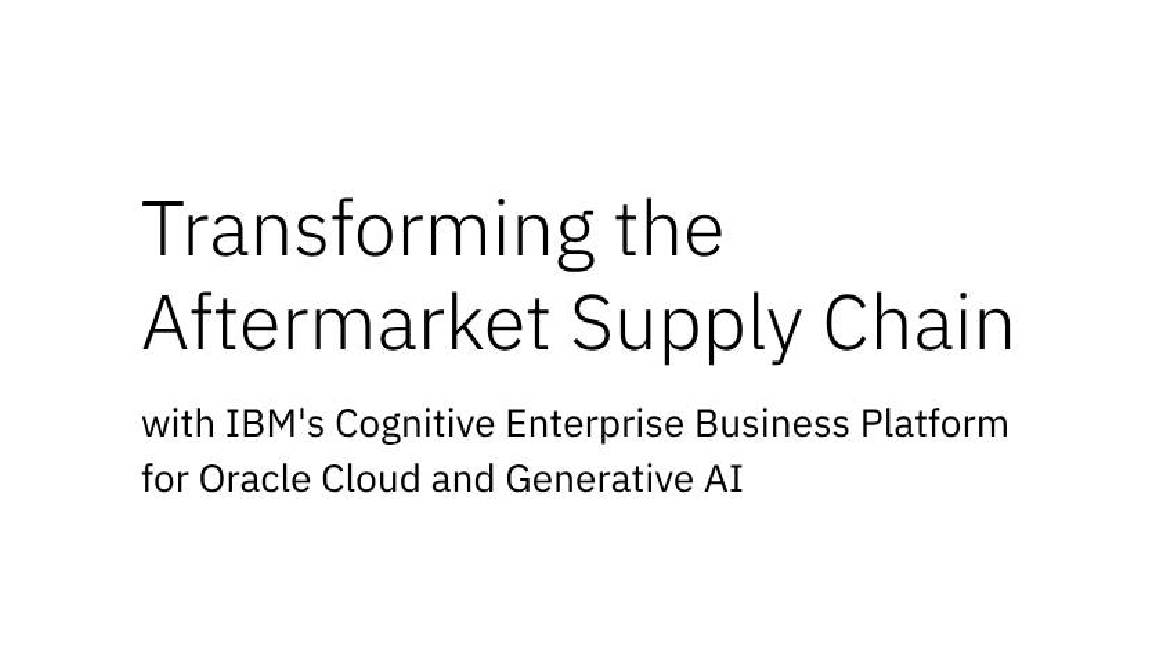Crunch culture is a detriment to developers – here's how businesses can prevent it
Developers regularly suffer crunch culture in the name of productivity, but leaders looking to preserve the mental and physical wellbeing of staff should change up tactics


Sign up today and you will receive a free copy of our Future Focus 2025 report - the leading guidance on AI, cybersecurity and other IT challenges as per 700+ senior executives
You are now subscribed
Your newsletter sign-up was successful
Burnout is a clear and present danger for all tech businesses that rely on their skilled workers to innovate quickly, sometimes through a process called ‘crunch’.
Crunch is the time immediately preceding a significant release date or development milestone, particularly a new product or service. For example, the week before a major app update or a new video game is released. These periods can be frantic, with developers working long hours.
The strain that is often placed on developers can be debilitating and impact not just their mental health but also the quality of the code they produce. Over half (51%) of businesses have a strategic approach to employee wellbeing, according to a report on wellbeing at work by the Chartered Institute of Personnel and Development (CIPD). But does this translate across the tech sector when development deadlines are approaching?
For developers, long stretches of coding have become almost mythical. A recent example from the video game industry can found in the late-stage development of Cyberpunk 2077, as reported by Polygon. Staff were reportedly asked to work six days a week for over 12 months, to make up for lost development time. But conditions and attitudes are changing in the sector and leaders may have to reconsider turning to crunch as a path to innovation in the future.
Speaking to ITPro, Vance Tran, co-founder Pointer Clicker, explains his experiences with crunch culture: "When I worked as a software engineer, I saw first-hand how crunch times can be exciting but hard on a person.
“One time, our team had a big deadline coming up real fast. The office turned into a place open all the time, with pizza and coffee everywhere. At first, it was fun and like we were all working on something important together. But as the nights went on for a long time, it became clear how tired and not feeling good we all were getting. It was harder to focus and come up with new ideas."
However, in an age where mental health support and wellbeing have moved to the top of the agendas for workforce management and development, many businesses are actively working to avoid crunch culture.
Sign up today and you will receive a free copy of our Future Focus 2025 report - the leading guidance on AI, cybersecurity and other IT challenges as per 700+ senior executives
"We actively discourage development teams from working long hours and weekends,” David Sugden, head of engineering at Axiologik, tells ITPro. “When planning, milestones are focused on outcomes rather than fixed deliverables, allowing flexibility when deadlines loom. In this way, we explicitly avoid crunch periods."
Sugden adds that with the right strategy leaders can protect developers from crunch culture altogether, but many businesses still lag in this regard. "Planning is shaped around large batches of deliverables, which naturally lead to crunch periods,” Sugden says.
“This is what the agile movement specifically aimed to address and yet 20 years later, it still pervades many organizations. By relentlessly focusing on the strategy and true value, and delivering change incrementally, hard, inflexible deadlines with the resulting crunches are avoided."
Clearly, a balance must be struck that ensures developers have the support they need and that their companies can meet deadlines and innovate at speed. A cultural shift is required to avoid the crunch, which is still prevalent in many businesses.
Preventing crunch culture
Crunch culture can be a massive burden on developers. But with the right tools and strategy, leaders can choose a different approach entirely. Mav Turner, CPO at Tricentis tells ITPro that AI tools can help reduce developer strain, emphasizing the effectiveness of AI code generation assistants.
"Today's developers face cognitive overload. But testing is a huge area of software development and delivery that can be automated to help alleviate the pressure on DevOps teams.
RELATED WHITEPAPER

“Providing access to generative AI tools for testing is like providing each team member with a junior assistant who works for them. They can discover what needs to be tested, create those tests, then self-diagnose errors and optimize the code, as well as provide intelligent insights and analytics to debug applications."
For firms where crunch remains part of their toolbox, Sugden recommends an overhaul of internal processes with a focus on strengthening team morale and ensuring workers can turn to leaders for support. New steps might include:
- Daily, informal team meetings where individuals can socialize and relax, discussing topics unrelated to work.
- Regular surveys of sentiment.
- A buddy or mentor system within teams to provide mutual support.
- Mental health specialists are trained to identify potential issues.
- Rotation of those under the most pressure.
Overall, leaders must be better at planning schedules for development teams. Setting unrealistic targets is a sure way for crunch culture to recur, so the pressure to meet each deadline must be reconsidered through the lens of wellbeing. Tired developers won't perform at their very best and having an exhausted workforce will result in longer development cycles and high staff turnover in the long term.
Many businesses have also moved to more adaptive and agile development methodologies such as Scrum or Kanban, which offer high levels of flexibility and are ideal for development teams. By breaking down projects into smaller, iterative cycles, development teams can respond more effectively to changes in requirements and priorities. Regular sprint reviews are an ideal way to ensure crunch episodes are avoided.
Alternatives to crunch culture
Changing a business's crunch culture will require stakeholders to modify their behavior and foster a healthier working environment. Appreciating the pressure many developers are under is a strategy many companies could benefit from.
"Stepping into your co-workers' shoes by viewing work-related challenges from their perspective is definitely helpful for our colleagues," comments Dr Wladislaw Rivkin, associate professor in Organisational Behaviour at Trinity Business School. Rivkin co-authored the report Good for you, bad for me?, a paper on taking an employee’s perspective to improve wellbeing.
"To ensure that it doesn't harm our own wellbeing, it is important to consider our mental resources and engage in perspective taking only when we feel energized."
By prioritizing proper planning, adopting agile methodologies, embracing automation, encouraging work-life balance, fostering a positive team culture, and providing adequate resources, organizations can create an environment that minimizes the need for crunch periods.
Ultimately, the crunch must be avoided if businesses are to maintain their development teams' high levels of expertise and creativity.
A sustainable and supportive approach to software development benefits the development team's wellbeing and enhances the overall efficiency and success of the projects undertaken. As the technology landscape continues to evolve, organizations must prioritize the long-term health and productivity of their development teams to achieve sustained success.
David Howell is a freelance writer, journalist, broadcaster and content creator helping enterprises communicate.
Focussing on business and technology, he has a particular interest in how enterprises are using technology to connect with their customers using AI, VR and mobile innovation.
His work over the past 30 years has appeared in the national press and a diverse range of business and technology publications. You can follow David on LinkedIn.
